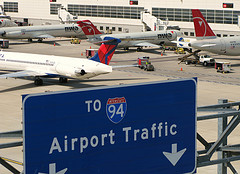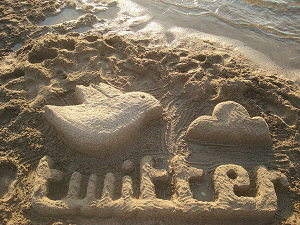Delayed flights aren’t just annoying, they’re expensive. A new FAA-funded study finds that they cost passengers $16.7 billion per year. That’s a lot of bags of peanuts. [More]
studies

Junk Food Binges Acts Like Crack On Brain
Overdosing on junk food acts like heroin or crack on the brain, a new study finds. [More]
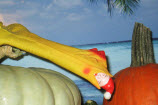
The Older You Get, The More Often You Forget To Use Condoms
Adults are quick to preach to children the virtues of safe sex, but not so careful to practice them. According to an Indiana University study, adults use condoms during casual sex at a rate far lower than that of teens. [More]
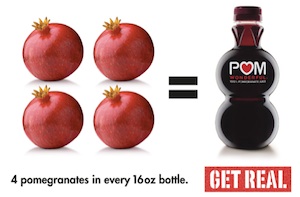
FTC Says POM Wonderful Not So Great
The FTC wants to see some proof that the pomegranate ingredients in POM Wonderful’s products can actually treat heart disease, prostate cancer, and erectile dysfunction, which is what the company says in marketing and packaging materials. [More]
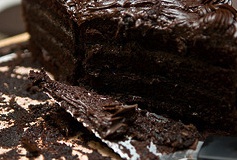
Image Order Tricks Minds To Think Cake Is Healthier Than Fruit Salad
Was Eisenstein into calorie counting? A new study finds that if you see a “bad for you” food item after seeing a “good for you” item, you will estimate the calories in it as being much higher than if you see two “bad for you” items back to back. [More]
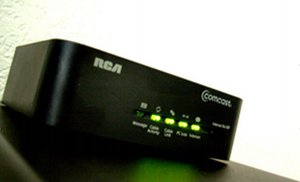
Why Haven't Broadband Prices Dropped?
Ten years ago, 5% of the country had access to broadband Internet. Now over 95% of the country has access. In other technology markets, notes the authors of a new study, prices tend to drop significantly once a technology matures–but with broadband, prices since 2004 have dropped by less than 10% in most markets, if at all. So what’s going on? [More]
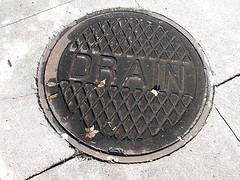
Study Says Small Businesses Hurt Economy
Conventional wisdom says small businesses are the backbone of the economy, but a new study counters that mom-and-pop businesses are an economic cancer instead. [More]
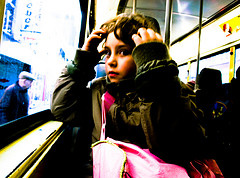
5 Horrors Parents Most Worry About Vs 5 Most Likely To Occur
According to a new survey, the top 5 calamities parents fret over happening to their kids are, in order from most fretting to least: kidnapping, school snipers, terrorists, dangerous strangers, and drugs. What they really should be concerned over are the top 5 way children actually get hurt and/or killed: car accidents, homicide by someone the kid knows, abuse, suicide, and drowning. [More]

Organic Food Dominates Non-Organic In Every Way, Science Says
Score one for the hippies. A study led by a Washington State University soil science professor finds that pesticides and weedkillers reduce nutrition, flavor, shelf life and overall attractiveness of fruits and veggies. [More]
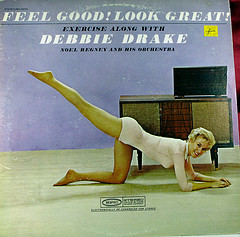
Music Makes You Exercise Harder
In a recent study, scientists had participants ride stationary bikes while listening to music at normal speed, at 10% slower tempo and 10% higher tempo. When “the music was played faster,” researchers wrote, “the participants chose to accept, and even prefer, a greater degree of effort.” Now if you’ll excuse me, I’m off to my Zumba class. [More]
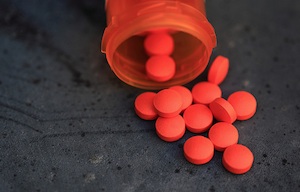
Brand Name Drug Prices Rise Significantly In Past Year
Here’s yet another reason to go for generic drugs when you can: drug makers keep raising prices on brand name products. If you group generics and brand names together, drug prices rose by 3.4% in 2009, according to an industry report. However, if you look at just brand name drugs as the AARP did in a new report, the average price hike was 8.3%. An earlier AARP report from May points out that if you look at specialty drugs “widely used by people in Medicare” then the hike jumps to 9.2%. [More]
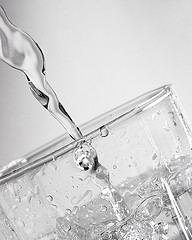
Drink Water Before Eating And Consume Fewer Calories
Drinking two cups of water before eating results in consuming 75 to 90 fewer calories per meal on average, a new study finds. [More]
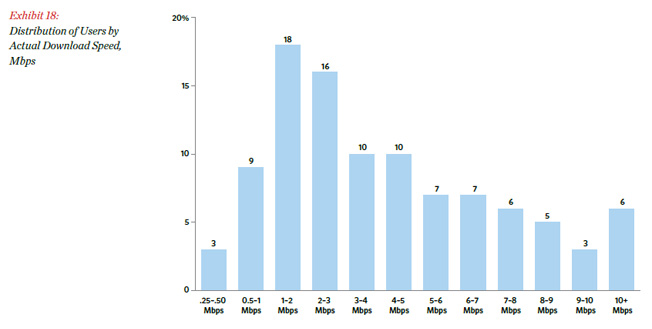
"Up To" Broadband Speeds Are BS, FCC Study Shows
Just like you’ve suspected/known all along, the “up to” broadband speeds providers offer – “up to 10 mbs!” – are nigh unattainable. A new FCC report finds that broadband users are, on average, only getting half of the advertised “up to” speeds. [More]

The BPA! It's On Your Receipts! Get It Off Aaaa!
The Environmental Working Group has a theory to explain why bisphenol-A, the controversial chemical that’s sometimes found in plastic bottles and can linings, shows up in the urine of over 90% of the population: it’s on paper receipts. The group found BPA on 40% of receipts collected from the sorts of businesses you visit every week, with the concentration topping 1000 times that of a can lining in some cases. [More]
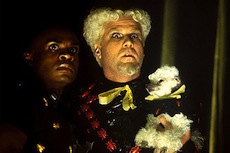
"Elite" Shoppers Ignore Logos, Focus On Subtle Signals
Listen hun, your Gucci bag and Burbury scarf aren’t fooling anyone. Sophisticated shoppers, the ones you’re pretending to be, they know better. According to a recent study, the elite among us skip past the logos and instead focus on subtle cues like distinctive designs and details to figure out who’s truly high brow. [More]
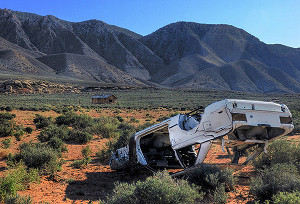
Auto Dealers And Fake Foreclosure Relief Offers Top Consumer Complaints For Last Year
The 2009 Consumer Complaint Survey Report is out, and it says that among the 18 states that participated in the survey, complaints about auto dealers topped the list for the second year in a row. However, the fastest-growing category of complaints were about fake foreclosure relief offers. [More]
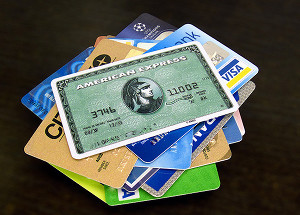
Report Says The Poor Subsidize Credit Card Reward Programs
A new study from the Federal Reserve Bank of Boston says that credit card reward programs have a sneaky hidden cost that the card holder doesn’t have to bear. This occurs because the fee that a retailer pays to run a credit card varies with every card, and reward cards cost more to process–in other words, the card issuer passes the cost of the rewards program on to the retailer. The retailer adapts by raising prices across the board, which distributes the cost of the reward program among all shoppers. [More]


